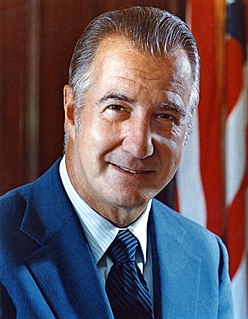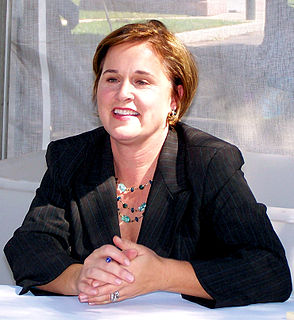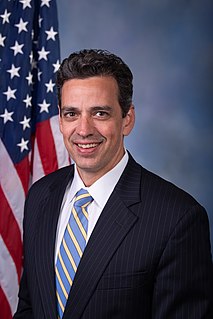A Quote by Michael Mullen
I'm not a policy and a strategy guy. I'm - you know, the military basically supports what the president wants, the decisions that he makes.
Related Quotes
Because President Obama had an overall strategy, military and civilian leaders under his command could make reactive decisions that advanced the president's goals. In the military, we call that commander's intent: When there's a decision to be made and you don't have exact guidance at that moment, you at least know overall what your boss wants.
You know, you just know, that after the president goes out there and announces he wants to make community college free for all Americans - as though anything government does is 'free' - or is unilaterally and unconstitutionally legalizing millions of undocumented immigrants, he comes back to the offices, pulls out the presidential BlackBerry, and gleefully follows along as the Right goes completely ape over these wild policy decisions.
If a theology student in lowa should get up at a PTA luncheon in Sioux City and attack the President's military policy, my guess is that you would probably find it reported somewhere the next morning in the New York Times. But when 300 Congressmen endorse the President's policy, the next morning it is apparently not considered news fit to print.
The blurring of the line between policy and strategy] encouraged soldiers to make the preposterous claim that policy should be subservient to their conduct of operations, and (especially in democratic countries) it drew the statesman on to overstep the definite border of his sphere and interfere with his military employees in the actual use of their tools.
First of all, we occupied Afghanistan and Iraq and I'm not even talking about the past occupation of them, I'm just talking about currently. And we all know that occupations, in military terms, comes down basically to policing, so you have an army basically functioning as a police force in these foreign territories as part of foreign policy. I'm not knocking that down, I'm just observing.
I intend to vote against authorizing the president to use military force in Syria. The Obama Administration has not provided a clear or convincing strategy for inserting our military into the conflict. I am also deeply concerned about the extent to which al-Qaeda-affiliated terrorists are involved in the rebellion.
[Barack Obama] is sending more troops [to Afghanistan], but they have also realized that we are not going to win that war through guns and tanks. We have to engage the neighbors, and it is good that there is a non-military strategy in addition to a military strategy. It is, at least, encouraging. Whether it will work or not, the jury is still put.




































